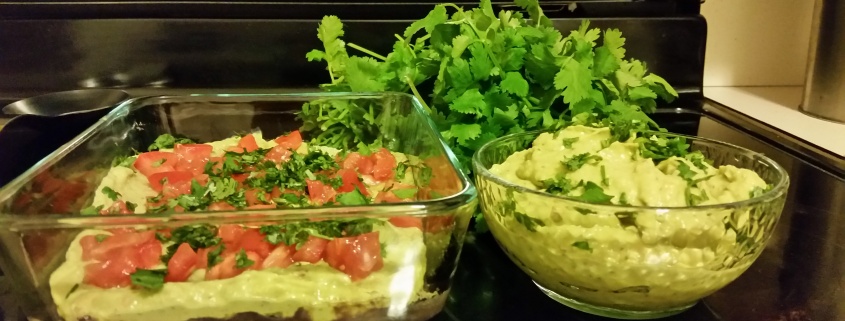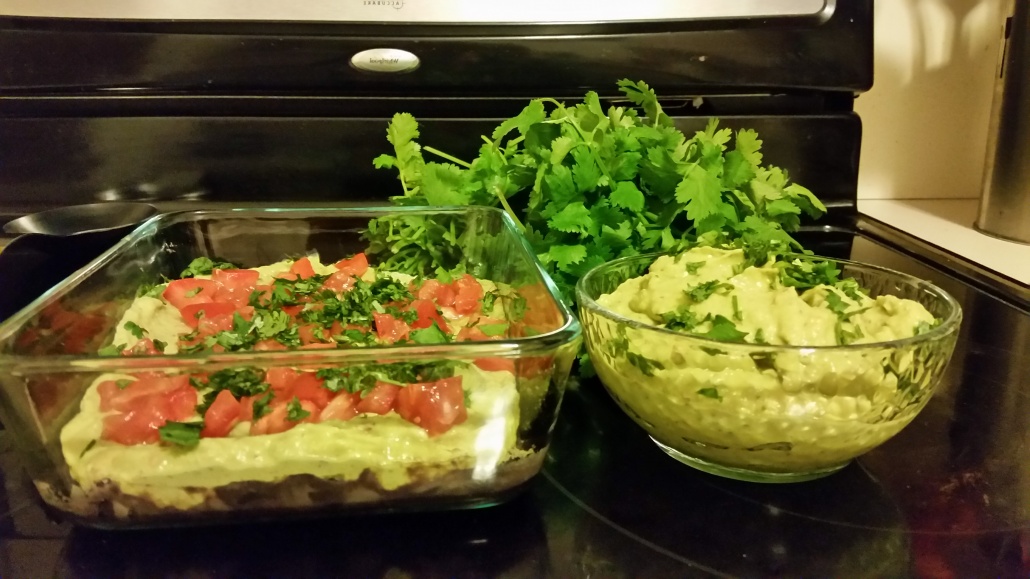7 Amazing Antioxidant Bursting Foods
Noor H. Salem, contributing columnist
It’s the season for flus and colds, and besides eating food to strengthen your immunity, I’d highly recommend increasing your consumption of high-antioxidant foods. You’ve probably seen many marketing tactics convincing you the food you’re purchasing has many antioxidants. If you’re not familiar with them, antioxidants are substances that help our bodies build and repair cells, while detoxing our body of harmful substances and toxins. Frankly, if you consume a diet high in fresh fruits and vegetables, you won’t be at risk of not getting enough antioxidants. Eating foods high in antioxidants decrease your risk of cancer and many other diseases. Eating a diet high in antioxidants will also aid in removing harmful toxins from your body. With the winter season right around the corner, and the cold weather already reaching many of us, eating enough antioxidants will aid and prevent you from getting sick. If you happen to catch a cold or flu, fill your diet up with healthy foods, like garlic, berries, and even beans. It’ll undoubtedly quicken up your recovery, and give you energy and strength. Check out these remarkable food items, which you may or may not already have in your kitchen.
- Goji berries You’ve probably never come across Goji berries before, but I assure you once you try them, you won’t let them go easily. I’ve numerously made a delicious spring greens salad topped with raw walnuts and goji berries for an antioxidant burst as well as a touch of sweetness. I’ll share that salad recipe in the coming weeks.
- Beans are not only extremely high in antioxidants, but they’re also bursting with protein, vitamins, and fiber. They taste delicious in salad, and yes, I even toss them in my black bean brownies batch. If you’re one of those really worried about the after meal consequences of beans, I’d be excited to share a tip that worked with many of my clients who get bloated and bothered from beans. Soak your beans overnight in water for at least 5-8 hours before cooking them. Dump out the water and cook your beans as usual. The secret to this is that beans and other grains are high in phytic acid, and soaking them decreases this phytic acid which causes many digestive issues. Try this next time you make beans, and you’ll be excited to start eating them again.
- Berries Those sweet and scrumptious little berries are mighty compared to their size! Berries, including blueberries, cranberries, raspberries, blackberries, and strawberries, all carry unique antioxidants, promoting cell building and repair, better skin, and satiety. Best of all, berries taste amazing in almost everything- it’s a definite win-win situation. Toss them in your smoothies, add them to your lunch salad, or make a variety of desserts using them. If you don’t purchase berries during berry season, I do recommend you buy them frozen and organic. Frozen assures more freshness than the fresh variety- due to quicker preservation (freezing) after the berries are picked.
- Artichoke If you’re not acquainted with this scrumptious root vegetable, I recommend you hasten to try them! Artichoke is round, and deep- perfect for filling it up with ground lamb and onions. Artichoke is very high in antioxidants, and carries vital nutrients for optimum health. I recommend you avoid canned artichoke, and aim for frozen or fresh to ensure you intake the most nutrients. I love stir frying artichoke with chopped kale and spinach, with a drizzle of extra virgin olive oil and lemon after cooking.
- Spinach and other leafy greens like kale, Swiss chard, arugula, and romaine lettuce, are bursting with various antioxidants all promoting better health! I’d recommend you eat leafy greens daily, and if possible, at every meal. Try adding spinach to your breakfast smoothie or omelet, have a mixed greens salad topped with berries for an antioxidant-full lunch, and make a vegetable stir fry aside your dinner meal. You may not see results after one bite, but I promise eating a diet full of leafy greens will give you better health in the long run.
- Prunes Believe it or not, those squashy and sticky little prunes are bursting in good for you benefits. Prunes are more than just for constipation, eat them up! However, something I shared with my friends and family, and find it just as important to share with you, is to check your ingredients on the prune bottle. If there’s sulfur or potassium sorbate, I recommend you find an alternative, which is readily available. I love adding prunes to my oatmeal or aside my eggs at breakfast for a touch of sweetness.
- Pumpkin I’ve shared many recipes using pumpkin, and it’s the perfect season to cook up this winter root squash! It’s one of the many superfood items I’ve covered in my book, Sunnah Superfoods. Pumpkin can be made into desserts, but surprisingly to many, I also add it to my savory dishes. I’ve shared a pumpkin “cheese” sauce recipe recently, as well as a delicious pumpkin soup. Pumpkin is high in vitamin A, vitamin C, dietary fiber, and key antioxidants, too. Try adding more pumpkin to your diet this winter.
Next week, I’ll share a very scrumptious and easily prepared dip (pictured), bursting in many types of antioxidants.
Noor H. Salem is an author, speaker, and Certified Integrative Nutrition Health Coach, from Michigan. Noor works with clients in better understanding their bodies and healing with natural foods through her wellness practice, Holistic Noortrition. She presents various workshops, school lectures, group coaching classes, and community lectures on the topic of holistic health. Noor recently published her book, Sunnah Superfoods, a culmination of life-changing recipes and remedies, with a foreword by Dr. Waleed Basyouni. Her book consists of prophetic hadith, modern research, and delicious recipes, and is in the process of being translated into other languages.

















2016
1,081 views
views
0
comments